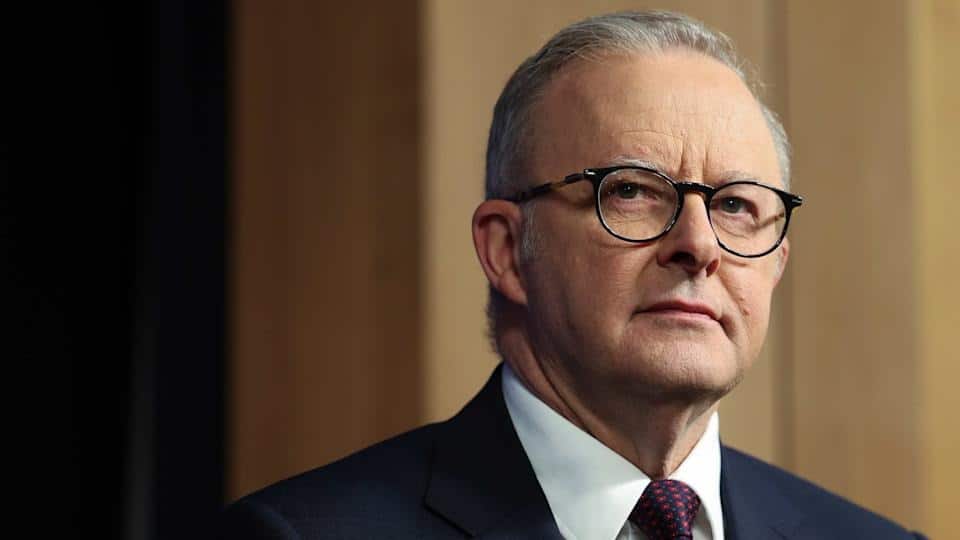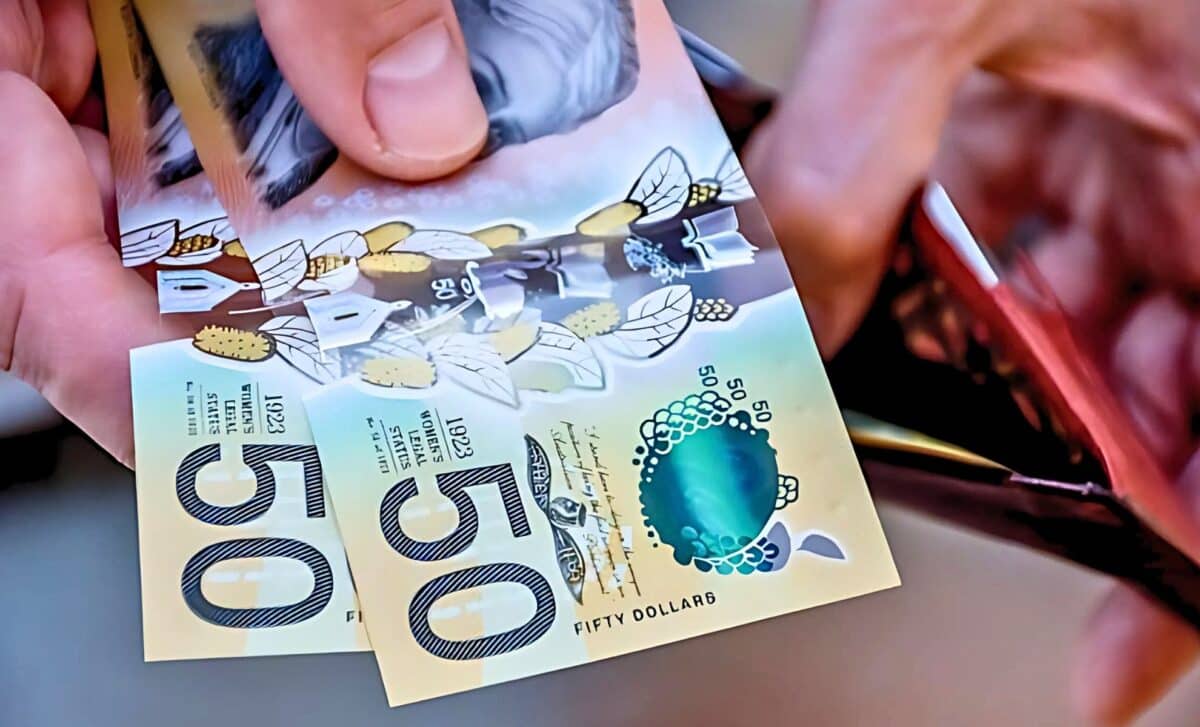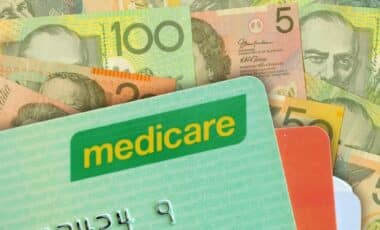As energy prices continue to climb, the Australian government has announced an extension of its controversial energy rebate program. The latest move, which will see $1.8 billion allocated to provide relief to households and small businesses, is designed to ease the burden of rising power costs. This initiative promises $75 quarterly rebates for the remainder of the year, offering hope for millions of Australians.
The Rebate Extension: What’s New?
Prime Minister Anthony Albanese confirmed the extension of the energy rebate, ensuring two more quarterly payments of $75 will be automatically credited to eligible households and businesses starting July 1, reports ABC. These additional payments come as a vital lifeline for those grappling with the financial pressures of inflation and high living costs.
This measure forms part of the government’s broader strategy to reduce inflationary pressures while addressing the ongoing cost-of-living crisis faced by many Australians.
The rebate was initially introduced to combat the rising cost of electricity, and now, with this extension, the government is reinforcing its commitment to providing tangible support.

A Sharp Drop in Power Bills—But Will It Be Enough?
The Australian Bureau of Statistics reports that the initial rebate helped bring about a significant reduction in power bills, with a drop of 25.2% in 2024.
However, without the subsidies, this decrease would have been minimal—only 1.6%. This stark contrast highlights the importance of such government support in making energy more affordable for everyday Australians.
For those who might have missed the announcement, this means that the relief has had a tangible impact. Energy bills could have surged even higher had it not been for the energy rebate.
Public Opinion: Almost Universal Support
Recent Canstar Blue research indicates that a staggering 54% of Australians were unprepared for the rise in energy bills had the rebate program ended as scheduled.
In fact, over 80% of Australians support the continuation of the rebate, with a substantial proportion advocating for a means test to target the funds more effectively.
Despite the overwhelming public backing, the Coalition had previously criticized the rebate program. However, they have now opted not to stand in the way of the extension, recognizing the need for urgent energy relief in light of rising electricity and gas prices.
Energy Costs Are Still Rising: What’s Next?
Though the government’s rebate will offer relief, energy prices are still on the rise. The Australian Energy Regulator’s draft determination shows potential price hikes between 2.5% and 8.9% for households in key states like New South Wales and Queensland.
This is compounded by the Victorian Essential Services Commission’s own predictions for an increase in average electricity costs for households in Victoria. In response, both the Labor government and the Coalition have outlined divergent energy policies.
Labor is pushing for a renewable energy transition, relying on solar, wind, and batteries, while the Coalition seeks to introduce nuclear energy and expedite gas approvals to help secure a more reliable energy grid.









